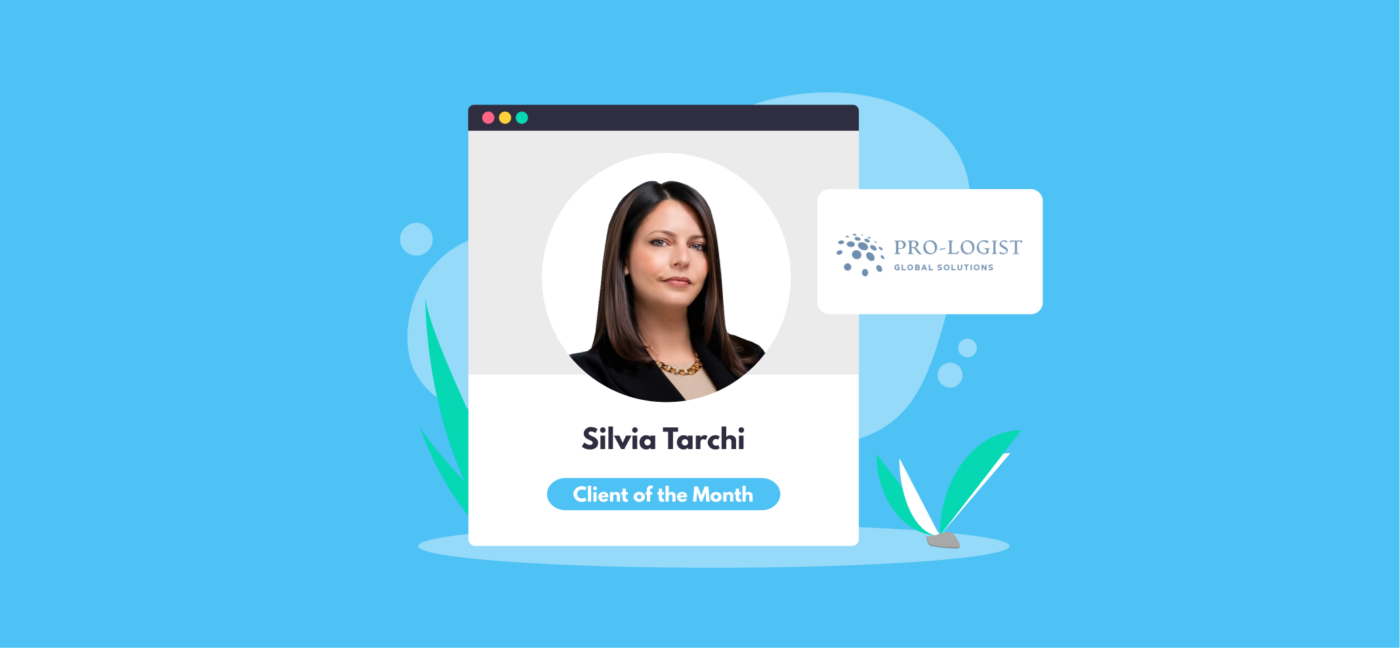

Managing Your Spending Budget in Your Business
For businesses, financial stability makes long-term success much more likely. Whether you’re running a budding startup or have been in business a while, the ability to set and stick to a budget is key. It’s a bit like the budgeting you would do at home!
A well-structured budget will not only give you a roadmap for financial decisions but also help safeguard against unexpected challenges. However, the task of creating and maintaining it can be daunting.
Why is budgeting important?
Budgeting is more than just crunching numbers; it’s about strategic planning and then being really disciplined in following your plans.
A well-defined budget serves several crucial purposes. It allows you to allocate resources efficiently, making sure that funds are directed towards things the business needs now, as well as in the future.
By forecasting expenses and revenues, businesses can also anticipate financial fluctuations and spot potential risks. It’s the perfect way to better see areas of overspending or inefficiency in your business, helping you to reallocate resources to where they’re most needed.
Budgeting is the foundation of business growth
In the fast-paced world of business, setting and sticking to a budget is really about survival. By establishing clear objectives, allocating resources effectively and keeping stakeholders in the loop, you’ll be better able to seize opportunities and grow your business the way you want to. It’s worth spending time to get it right!
How do I set up a business budget?
Creating a realistic budget requires you to carefully consider every area of your business. A good place to start is by assessing your current financial situation using financial reports, such as:
Revisit your business plan
This will help you understand your current position and anticipate essential spending in the future. It’s often useful to look at this information alongside your current business plan, so you can set a budget which supports the goals you have in mind.
Review your costs
Now it’s time to identify your costs. Categorise your expenses into fixed (rent, utilities etc) and variable (marketing, supplies) costs. Again, spend some time looking at past expenditure so you can work out average spending in each category.
A top tip!
A good way to predict the future financial health of your business can often be to look at the past. Take note of historical data, market trends and sales projections to spot any patterns. It’s great to have ambitious plans, but even it’s even better to know you can actually afford them!
Allocate funds
Finally, you can allocate your funds. This is where you basically put your money into different ‘pots’ to spend in the future. You might allocate different amounts to specific areas that you want to grow, or to particular activities such as marketing or advertising.
Factor in contingencies too
They say life is what happens when we’re looking the other way – and that’s certainly true in business too. Sometimes things happen that mean your budget will be stretched, so it’s worth accounting for any unexpected business expenses or fluctuations by setting aside a contingency fund. This buffer can help cushion the impact of any unforeseen challenges.
Make sure you also review your budget over time to track performance against projections. You might need to adjust your plans to reflect changes in market conditions or business priorities.
What are the best strategies for sticking to my budget?
Creating a budget is only half the battle; the real challenge lies in sticking to it! Here are some strategies to help.
Establish accountability
Assign responsibility for budget management to specific individuals or teams within your business, so they can help you monitor particular areas in more detail. Encourage transparency and regular reporting to help keep things on track.
Monitor spending closely
Use automated systems to track expenses in real-time, whether through accounting software or regular financial reviews. Look out for any overspending, and nip it in the bud early to prevent an even bigger overspend further down the line.
Practice cost control
Encourage a culture of being “cost-conscious” within your business. Whether you have employees who can be encouraged to come up with cost-effective solutions and avoid unnecessary expenses, or it’s something you work on yourself, it can make a big difference to the way you approach spending.
Prioritise spending
Focus resources on plans that meet your strategic objectives and offer the highest return on investment. Evaluate each expense against its potential impact on profitability and growth.
Finally, it helps businesses weather economic downturns, changes in the market and anything else unexpected that comes along.
Learn more about our online accounting services for businesses. Call 020 3355 4047 to chat to the team, and get an instant online quote.
Want to learn more?
Subscribe to our newsletter to get accounting tips like this right to your inbox

Read more posts...

April 2024 Client of the Month: Pro-Logist ltd
23rd April 2024This month we spoke to Silvia, Managing Director of Pro-Logist ltd! Pro-Logist ltd | LinkedIn Hey Silvia! Tell us about your business Pro-Logist,…
Read More
The Self-Employed Guide to Retirement Planning
19th April 2024Pension planning is often something we forget about until later in life, but the earlier you think about it, the better. Everyone…
Read More
14 Accountancy Terms Explained for Startups
17th April 2024Starting a business can be complicated enough, especially with all the new lingo that crops up along the way. In this article…
Read MoreConfirm Transactions
The number of monthly transactions you have entered based on your turnover seem high. A transaction is one bookkeeping entry such as a sale, purchase, payment or receipt. Are you sure this is correct?
Please contact our sales team if you’re unsure
VAT Returns
It is unlikely you will need this service, unless you are voluntarily registered for VAT.
Are you sure this is correct?
Call us on 020 3355 4047 if you’re not sure.
Bookkeeping
You will receive our bookkeeping software Pandle for free, as part of your package.
You can use this to complete your own bookkeeping, or we can provide a quote to complete your bookkeeping for you.
Please select and option below:
Call us on 020 3355 4047 if you’re not sure.

